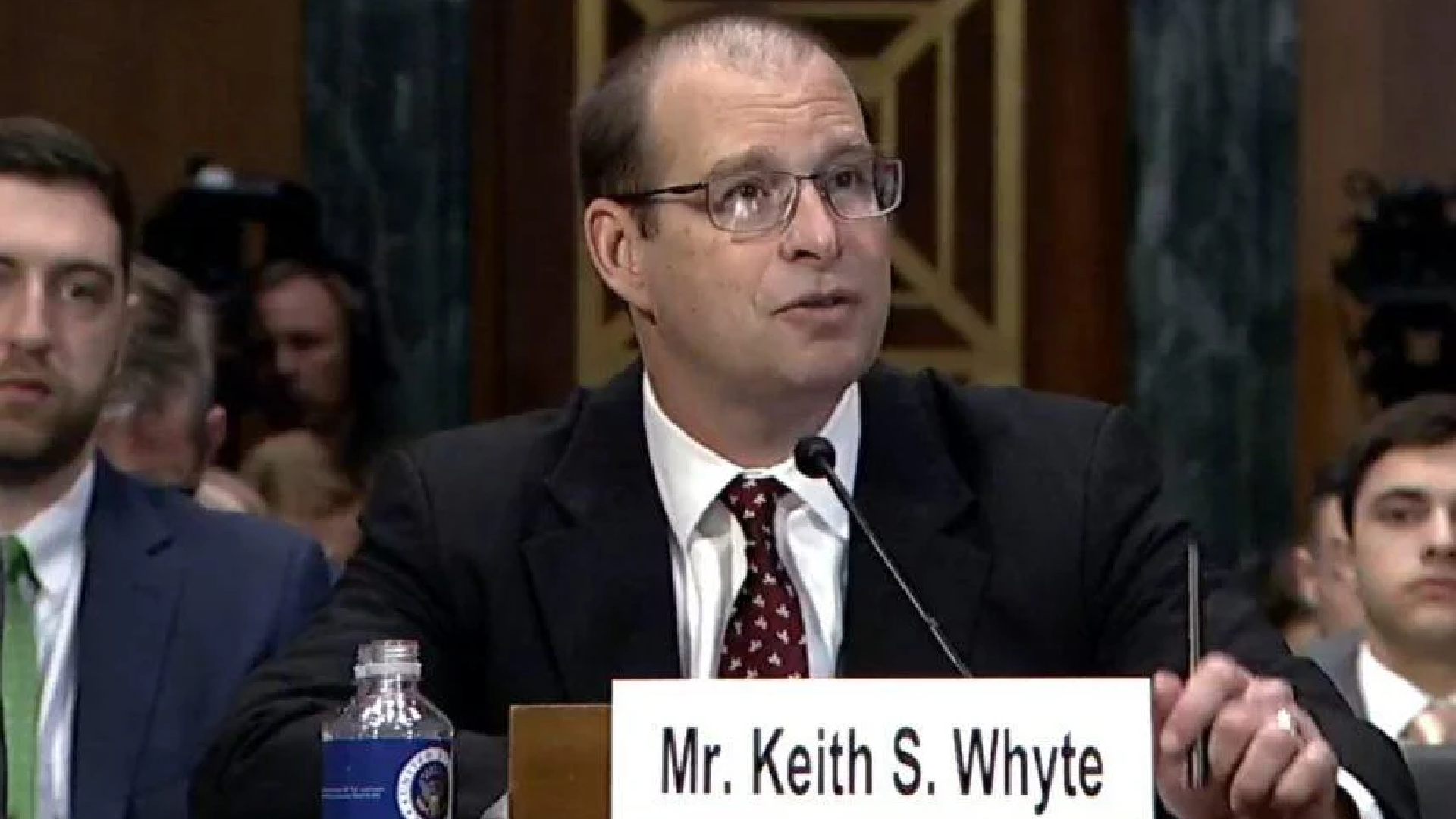
Keith Whyte, the executive director of the National Council on Problem Gambling (NCPG), has unexpectedly left the nonprofit organization.
Whyte had been part of the sole national nonprofit focused on reducing the economic and social impacts linked to gambling addiction for over 26 years. He became the executive director of the NCPG in October 1998. His exit took effect on January 13.
Whyte’s departure was unexpected. The NCGP did not specify a reason for his departure, but Whyte’s LinkedIn profile lists his new title as “consultant.”
"On behalf of the entire board, I want to thank Keith for his leadership and contributions to the organization during his tenure,” said NCPG Board President Susan Sheridan Tucker. “During this transition, our mission to lead awareness and advocacy efforts to reduce gambling harm remains our top priority, and we are confident in the team we have in place to seamlessly carry out this vital work.”
Nancy Green has been appointed as the interim executive director. Green focuses on "transition management" and has most recently acted as the interim director of the American Sustainable Small Business Network.
Whyte’s leadership of the leading responsible gaming organization in the United States occurred during what is expected to be remembered as the country’s most significant growth of casino gambling. When Whyte became part of the nonprofit, casinos were mainly restricted to Las Vegas, Atlantic City, and tribal areas.
According to the American Gaming Association (AGA), gamblers currently lose more than $100 billion annually on slot machines, table games, sports betting, and various other gaming options. Commercial and/or tribal casinos function in all but five states, sports wagering is allowed in 39 states and Washington, DC, while iGaming is authorized in seven states.
Throughout his almost thirty years in the nation's capital, Whyte appeared before Congress several times. He also journeyed across the nation presenting to state legislatures regarding the risks of gambling, although he asserted that the NCPG neither endorsed nor opposed legalized gaming.
Whyte's role focused on legislative advocacy, research, media relations, and public policy. In addition to appearing before state legislators, Whyte offered insights on gaming to officials in Austria, The Bahamas, Canada, Greece, Hong Kong, Macau, Malawi, New Zealand, Spain, South Africa, and the United Kingdom. He also showed up on almost all significant news outlets in the US.
Among Whyte’s numerous contributions to advocating for responsible gaming was his leadership in helping the NCPG secure the 1-800-GAMBLER number for nationwide use. In 2021, Whyte arranged a partnership with the Council on Compulsive Gambling of New Jersey (CCGNJ) to utilize the hotline across the country.
Currently, when an individual looking for assistance for themselves or others dials 1-800-GAMBLER, they are guided to their local or nearest responsible gaming resource. The helpline operates in all 50 states and Washington, D.C.
Calls are directed based on the area code of the caller's number. Geolocation is not utilized due to federal privacy and telecommunications regulations.
Several responsible gaming organizations have indicated a more than twofold increase in the volume of calls since their councils joined the 1-800-GAMBLER initiative.
Promoted casinos refer to online gambling platforms that are actively marketed and recommended by various sources, including websites, affiliates, and influencers. These casinos often feature prominently in advertisements and top lists due to their attractive offers, high-quality games, and reputable services.
Instead of having to go to a real casino, players may enjoy their favorite games whenever they want, from any location. Those who reside far away from a land-based casino or have hectic schedules will find this particularly enticing.
In comparison to land-based casinos, online casinos frequently have a greater selection of games. This covers many kinds of table games, live dealer games, slots, and specialty games.
The security and anonymity that come with playing online are valued by many players. Without the possible distractions or social pressure of actual casinos, they can play their favorite games.
Numerous payment options are available at online casinos, including bank transfers, e-wallets, credit/debit cards, and even cryptocurrency. It is simpler for players to deposit and withdraw money thanks to this flexibility.